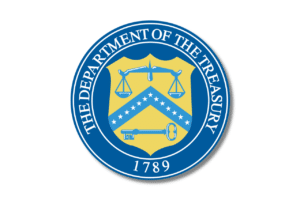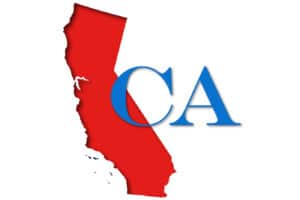News

HUD Climate Adaptation, Resilience Plan Calls for Incorporating Climate Risks into Underwriting
HUD released its climate adaptation and resilience plan, in conjunction with the 22 other federal agencies required to release plans under a January 27 executive order that directed agencies to assess climate risks to their operations.

Applications for CHAPA’s Neighborhood Emergency Housing Support Program Due Nov. 1
Citizens’ Housing and Planning Association issued a Request for Proposals for its new Neighborhood Emergency Housing Support program.

Congress Punts on Debt Limit
The House voted to raise the debt limit by $480 billion through December 3, the same day federal appropriations will run out.

HUD Requires 30-Day Notice Period for Non-Payment of Rent Evictions in HUD-Assisted Properties
HUD published an interim final rule, which prohibits the eviction of tenants for nonpayment of rent from HUD-subsidized public housing and certain properties with PBRA without providing a 30-day notice period that includes information about available federal emergency rental assistance.

HUD Holds Multifamily Disaster Call – Oct. 14
HUD’s Office of Multifamily Housing Programs will hold a stakeholder call on Multifamily’s ongoing preparedness and response to disasters.

Historic Tax Credit Advocacy Needed
The National Trust Community Investment Corporation recently released this Historic Tax Credit (HTC) advocacy video, narrated by Bob Vila.

Worst Case Housing Needs Report Shows Increase in VLI Households, Decline in Households Receiving Assistance
HUD released the 18th Worst Case Housing Needs report, which provides national data and analysis of critical housing problems facing very low-income renting families.

Treasury Publishes Guidance on Emergency Rental Assistance Reallocation
The Department of the Treasury published new guidance outlining the process for reallocating Emergency Rental Assistance funds.

HUD Releases 2021 OCAFs, 3.1 Percent Increase Nationwide
HUD released the 2021 operating cost adjustment factors (OCAFs) for project-based rental assistance with an anniversary date on or after Feb. 11, 2022.

California Expands State LIHTC to At-Risk Properties
California Gov. Gavin Newsom signed legislation that expands the State’s LIHTC to additional buildings “at risk of conversion” and allows LIHTC allocations for adaptive reuse.

Government Shutdown Averted, Remaining Deadlines Loom Large
President Joe Biden signed a continuing resolution bill on September 30 that averted a federal government shutdown, with funding extended to December 3.

HUD Extends COVID-Related HOME Waivers and Extensions
HUD posted a memorandum that extends and revises several suspensions and waivers of HOME Investment Partnerships Program regulations HUD previously issued in response to the COVID-19 pandemic.